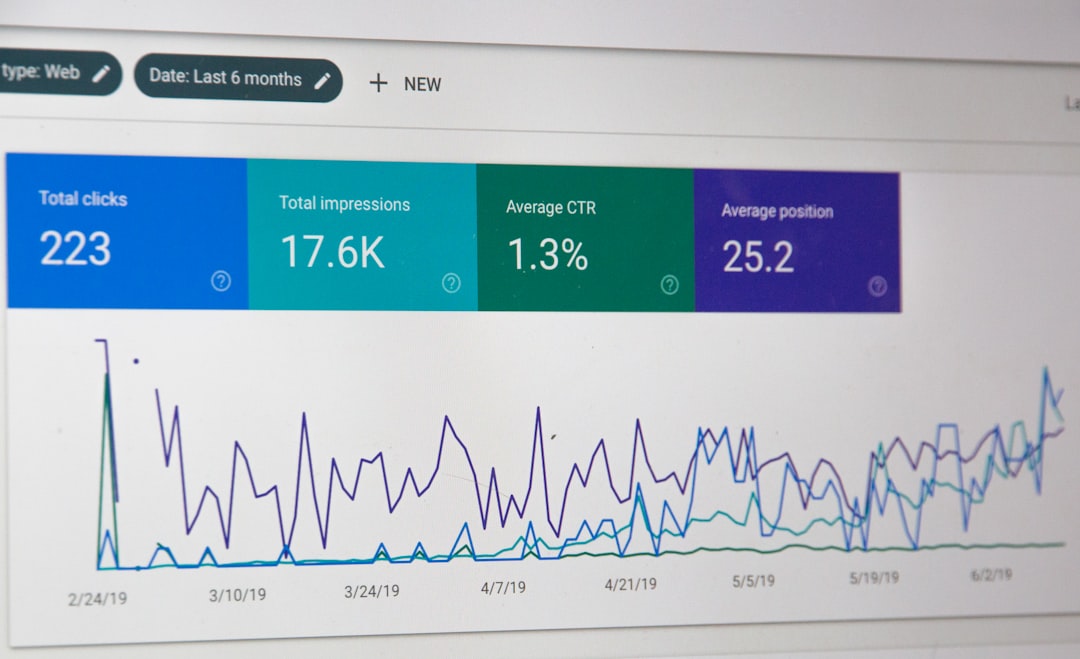Optimizing your website for search engine optimization is essential to get ranked in the top 10 rankings of Google. Here are seven tips to help you optimize your website for SEO Google.
1: Use Keywords That Are Relevant To Your Content
If you’re writing about a topic that is relevant to your website’s audience, make sure to include keywords throughout your content. Not only will this help you rank higher in search engine results pages (SERPs), but it will also encourage more people to visit your website and potentially buy your products or services.
Make Sure Your Website IS Title Tag & Meta Description Tags Correct
Your website’s title tag and meta description tags are two important pieces of information that search engines use to determine the importance of a page on your website. Make sure these tags are correct and concise and include keywords relevant to the page’s content.
Optimize Images For SEO
It’s not just text that search engines use to determine the importance of a page on your website-images can play a role as well.
2: Add Links To Your Articles And Blog Posts
When you write an article or blog post, include links to other related website pages in the text. Not only will this help your website with inbound links, it will also help you rank higher in search engine results pages (SERPs).
Make Sure Your Website Loads Fast
Google wants to give users the best possible experience when they visit a website, and one way to do this is by loading pages quickly. If your website takes too long to load, it may not be as appealing to potential customers.
Use 301 Redirects To Keep URLs Updated
If a page on your website changes and you don’t want search engines to index the old URL version of the page, create a 301 redirect from the old URL to the new URL.
3: Use Images And Videos In Your Articles And Blog Posts
Images and videos can also be a powerful way to promote your website and attract more viewers. Not only will these media formats help you rank higher in search engine results pages (SERPs), but they can also help you build brand awareness.
Use Social Media Sharing Buttons To Promote Your Content
If you’re planning on sharing your content on social media, make sure to include sharing buttons on your articles and blog posts. This way, it’s easy for website visitors to share your content with their friends and followers.
Conduct A Web Analysis Once A Month
Once a month, take some time to conduct a web analysis of your website’s traffic and SEO Google performance. This will help you identify any changes that need to be made in order to improve rankings and traffic.
4: Optimize The Title Of Your Articles And Blog Posts
The title of your article or blog post is another important factor that search engines use to determine the importance of a page on your website. Make sure your title is catchy and keyword-rich, and include keywords relevant to the content of the article or blog post.
Use H1 Tags & Headings To Organize Your Articles & Blog Posts
Headings and H1 tags are also important factors that search engines use to determine the importance of a page on your website. Use headings and H1 tags to organize your content, and make sure each heading includes relevant keywords.
Write Long, Concise Articles And Blog Posts
When writing articles or blog posts, make sure they’re long enough to be readable without having to scroll down.
5: Use H1 Tags For Important Headlines On Your Articles And Blog Posts
When you write a potential customer’s article or blog post, make sure to include a headline that’s catchy and keyword-rich. Use H1 tags to identify first the headline. as an important piece of information, and make sure it’s relevant to the content of the article or blog post. things Make sure your typography to catching
Your website’s design is one of the website designs that promote your brand.
6: Use Descriptive Titles For All Other Headlines On Your Articles And Blog Posts
Make sure all other headlines on your articles and blog posts are descriptive and keyword-rich. This will help your website with inbound links, as well as improve your site’s SEO.
7: Use A Good Logo And Favicon On Your Website
A good logo and Favicon can help improve the appearance of your website and increase brand awareness. the logo will also improve the visibility of your website in search engine results pages (SERPs).
7: Create An Easy-To-Navigate Website That Is Accessible To Everyone
When designing your website, make sure it’s easy to navigate and accessible to everyone. This will help you build brand awareness and attract more visitors.
Conclusion
Following these tips will help you optimize your website for search engine optimization and improve your online visibility.

